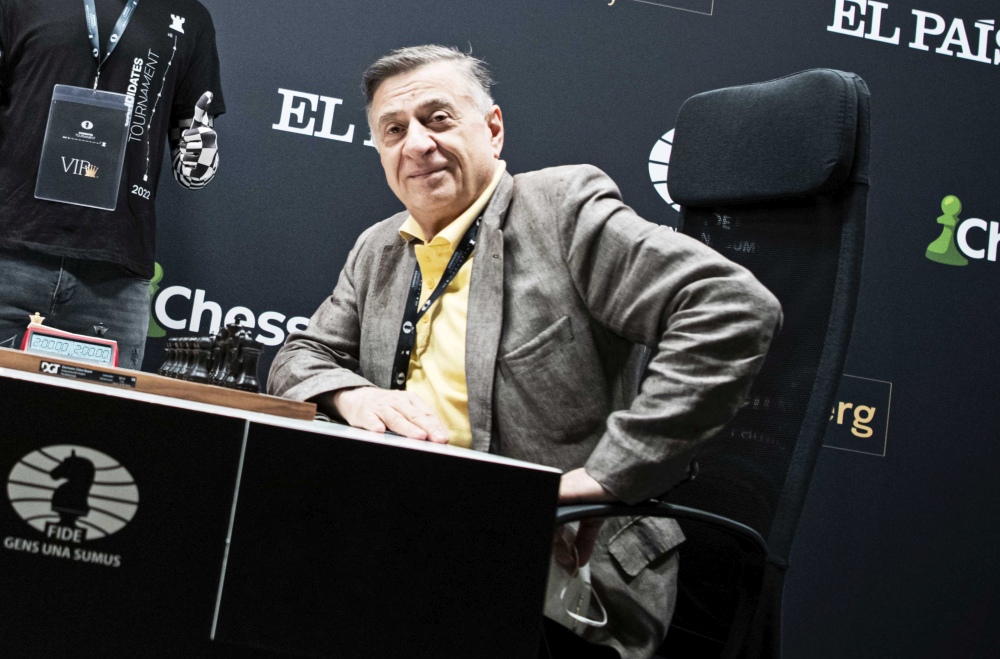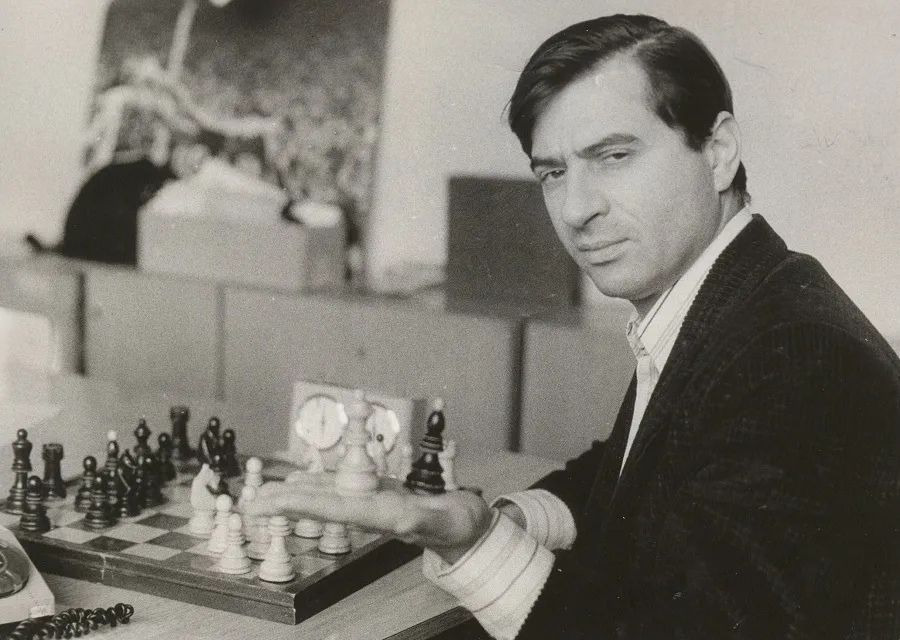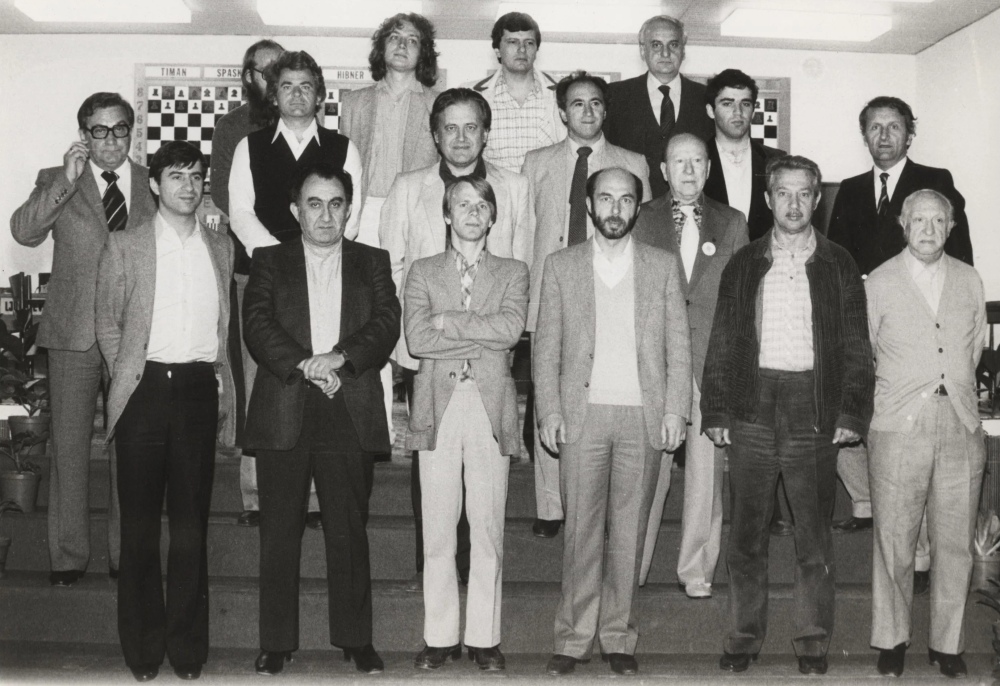
Today, the one and only Ljubomir Ljubojević turns 75.
A brilliant star—once ranked world #3, and arguably the strongest of all when on fire. Colorful and explosive, he was never built for steady, pragmatic success at the board—but oh, how high he soared!
Debuting at not quite 23 years old in the Interzonal in 1973, Ljubomir started with 5.5 out of 6, then reached 8 out of 11, though he missed victory in his key game against rival Lajos Portisch. And, as happened to him more than once — and would again — he tragically rushed in the famous game against Bronstein, with more than two hours on his clock versus just a few minutes for his opponent. Instead of a win came a painful loss, and Ljubojević cracked, finishing in the middle of the standings.

That failure seems to have left an indelible mark on the sensitive grandmaster. Despite regularly ranking among the world’s top ten, time after time he was overtaken by more determined—and sometimes simply luckier—colleagues, and he never qualified for the Candidates.
Still, looking at the ever-cheerful grandmaster, no one would have said he was unhappy. The soul of any chess gathering—vivid, emotional, fluent in five languages and quick to analyze in five more—he was a welcome guest at every elite tournament of his era. In the 1983 FIDE rating list, Ljubojević ranked third in the world, yet one senses that wasn’t what mattered most to him. What truly captivated him were the tournaments themselves—their unique atmosphere. From Belgrade, Bugojno, and Nikšić to Tilburg, Wijk aan Zee, and Linares (where he settled after marrying in the mid-1980s), Ljubojević thrived.

By then, new heroes had taken the stage—Kasparov and his generation—but “Ljubо,” as the entire chess world affectionately called him, did not yield ground. Far from it: he was the only player besides Karpov to share first place with Kasparov in a super-tournament—Brussels 1987 (8.5/11, ahead of the entire elite and two Belgian masters) and the World Cup stage in Barcelona 1989 (11/16, undefeated!). In those events, he was both dazzling and pragmatic, and it seemed the younger players would not soon surpass the maestro—not yet forty at the time.
But then, suddenly, it was over. There would still be a solid showing at the 1990 Manila Interzonal, some brilliant games in Belgrade super-tournaments, and worthy performances for the Yugoslav and later Serbian national teams. For many years, Ljubо played in Monaco at Oosterom’s tournaments—the organizer had great affection for the charismatic grandmaster—but top-level chess effectively ended for Ljubojević in the early 1990s, just as a powerful new wave of players emerged. The bohemian, passionate chess—one in which Ljubojević had few equals—was fading away. And he didn’t know how to play any other kind.
Since then, he has more often appeared as an honored guest or commentator. Still expressive as ever — when we spoke a couple of years ago, it was hard to believe that this energetic, though no longer young, man was already in his seventies.
That expressiveness has never left him; it shines through everything he does, especially his analysis. I remember talking with Ljubо back in the late 1990s — and I wouldn’t say the gray hair had changed him one bit. It’s only a pity that post-game analysis, at the board or even blindfold, has become such a rarity. During the 2022 Candidates Tournament in Madrid, you could catch Ljubojević at breakfast passionately defending his view — in one of his countless languages — against anyone, even the highest-rated players. You could see he still felt like a fish in water in this environment.
To me, though, Ljubojević is more like a great bird, still soaring. May your flight be long, Ljubо!
Emil Sutovsky, FIDE CEO

